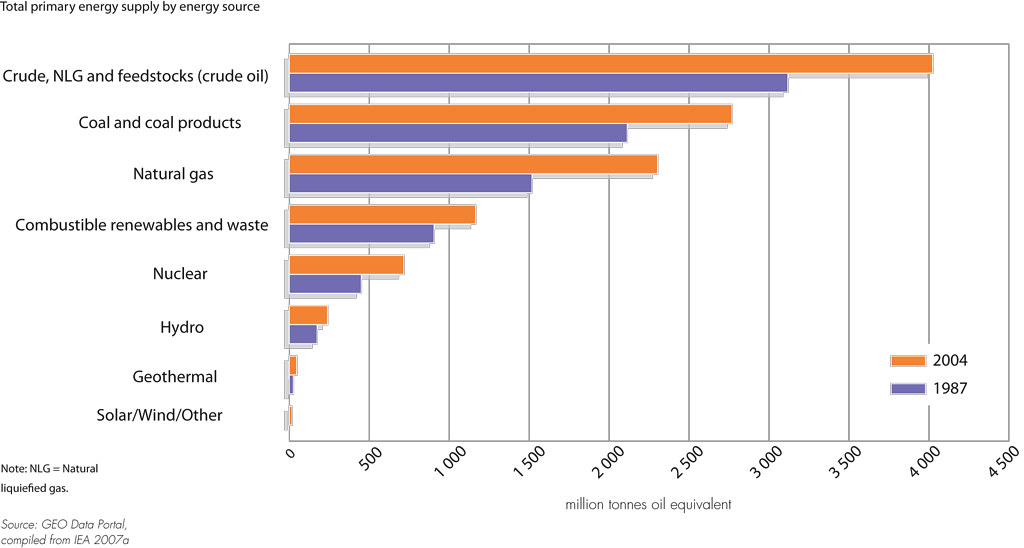
In an effort to encourage increased investment in renewable power, the government has created the ITC investment tax credit. This credit, issued in the form of cash grants, is meant to encourage the development of new types of renewable energy not currently covered by existing law. The ITC can be more advantageous for offshore wind power than the PTC. Fortunately, Congress recently amended the tax code to make offshore wind eligible for the ITC. America will prosper only if it invests in renewable energy.
Subsidy subsidies
Many people support subsidies for renewable energy, but others oppose them. Those who favor the subsidies cite their health benefits and the need to make a transition to a low-carbon world. Others argue that subsidies should be eliminated since renewable energy sources have become more competitive with conventional forms of energy.
The fossil fuel industry receives huge subsidies to use them. In FY 2017, renewable energy subsidies fell nearly 45% from their peak of FY 2017. This does not mean that subsidies for renewable energy are dead. Recent data shows that fossil fuel subsidy are actually on the rebound. By 2025, the number of fossil fuel subsidies is expected to increase by nearly 7 percent of global gross domestic product. The rise in fossil fuel consumption is partly due to the increasing fuel consumption in developing countries. This trend is likely to continue.

Investment tax credit
The government's Renewable Energy Investment Tax Credit program (ITC), provides incentives for projects that use renewable energy. Current deadline to place solar projects into service is December 31, 2030. New legislative recommendations will allow for a longer time frame and encourage solar projects to be in service. For solar projects that are in service after December 31, 2036, the ITC could be up to four percent more.
The act offers tax incentives to electric and hydrogen-powered vehicles, for energy efficiency, carbon sequestration and nuclear power. The act also includes additional grant programs for interregional transmission, offshore wind, and other projects.
Program for Treasury cash grants
Treasury cash grant program to support government renewable energy policy allows government agencies to raise funds for energy projects. Cash grants can be used in place of ITC or PTC. The taxpayer is not required to claim them. To receive cash grants, projects must fulfill certain eligibility requirements. These requirements can be broken and a project could be disqualified. These requirements are clearly stated in Treasury guidance documents.
The cash grants are paid within 60 days from the date of submission. Treasury must review and approve any applications for projects which are not being placed into service in 2009 or 2010. You must submit additional information within ninety calendar days after the project's completion.

Development of renewable energie zones
The development of renewable energy zones in Australia has been a top priority for state governments. These government-controlled statutory authorities are responsible for coordinating REZ projects, taking a holistic approach to planning and development, and working with communities to ensure benefits are shared. The powerful tool of REZs is grid-connected renewable power development.
Development of renewable energy zones will require significant public funding that cannot be provided by the private sector alone. However, government intervention can be helpful in the initial stages of deployment to mitigate market risk and leverage private sector investments. In addition to government support, some financing can also come from venture capital firms, although most venture capital firms have a three to seven-year investment timeframe, which is not sufficient for large-scale deployment projects.